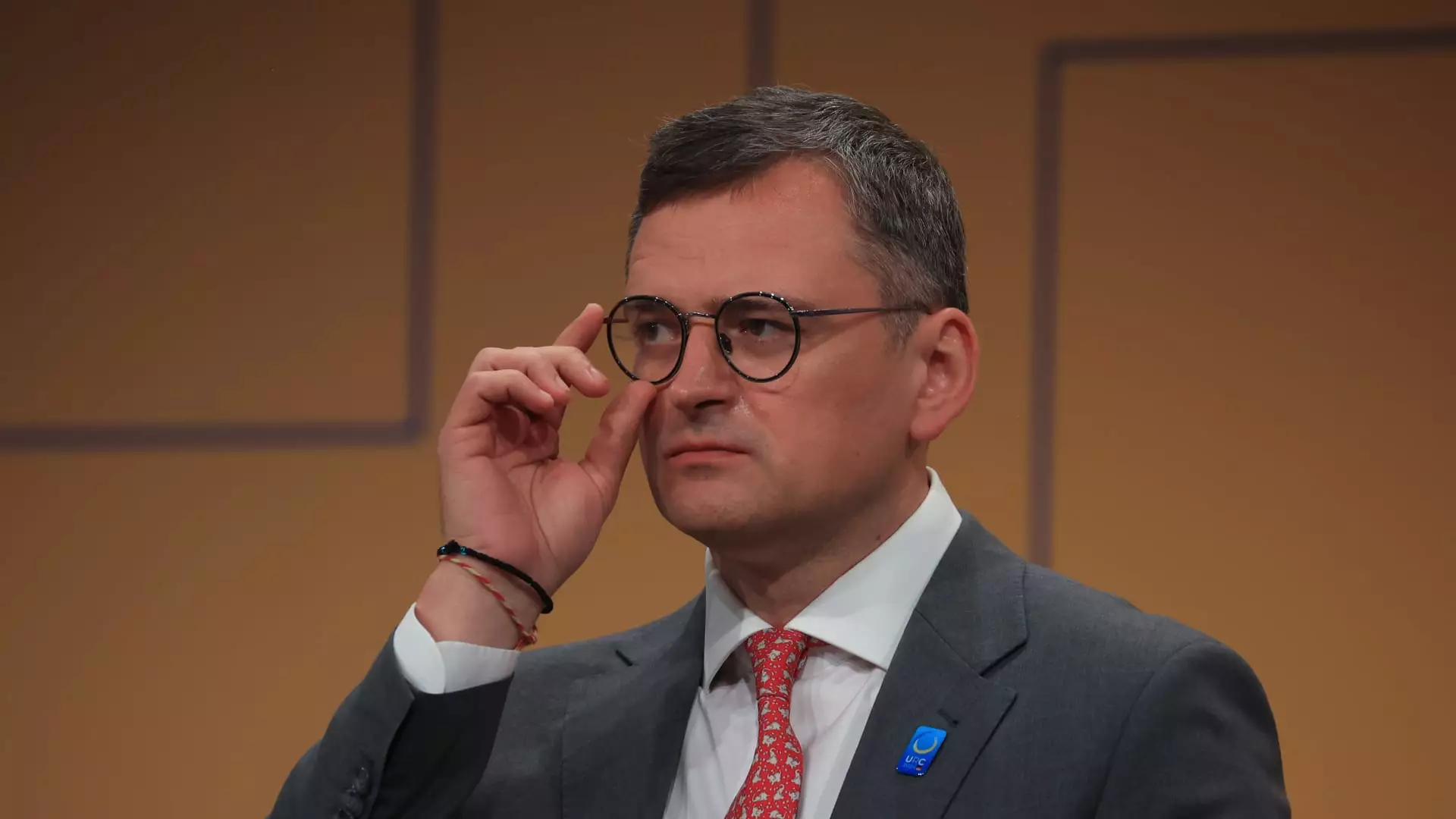In a surprising turn of events, Ukraine’s Minister of Foreign Affairs, Dmytro Kuleba, has tendered his resignation. This announcement was made by Ukrainian Parliament Speaker Ruslan Stefanchuk. Kuleba, who has been in this position since March 2020, played a significant role in Ukraine’s efforts to combat the ongoing invasion by Russia. His resignation comes at a crucial time when Ukraine is facing immense pressure both internally and externally. It is essential to analyze the implications of his resignation and what it means for the future of Ukraine’s foreign policies.
Kuleba’s resignation is part of a broader trend of government officials stepping down in Ukraine. A number of ministers, including Deputy Prime Minister Iryna Vereshchuk and Minister for European Integration Olga Stefanishyna, have also announced their resignation. This mass exodus of ministers indicates a significant shift in the political landscape of Ukraine. David Arakhamia, head of the ruling party faction in Parliament, has hinted at a major reboot of the government, suggesting that more than 50% of the Cabinet of Ministers will undergo changes. This signals a period of volatility and uncertainty in Ukrainian politics.
President Volodymyr Zelenskyy, in his address to the nation, emphasized the importance of strengthening Ukraine’s governmental institutions. He highlighted the need for personnel changes to achieve the desired results in both foreign and domestic policies. Zelenskyy’s vision for Ukraine’s future suggests a reorientation of priorities and a renewed focus on engaging with the global community. The upcoming personnel changes are expected to bring about a shift in Ukraine’s approach to diplomacy and governance.
Ukraine is currently engaged in a diplomatic war on multiple fronts as it seeks international support to counter Russian aggression. The country is carefully navigating its relationships with various global players to secure financial and military assistance. At the same time, Ukraine is addressing internal issues such as corruption and pursuing closer ties with the European Union. The resignation of key officials like Kuleba has the potential to impact Ukraine’s diplomatic efforts and its quest for greater international cooperation.
The timing of Kuleba’s resignation, just months before the U.S. presidential election, raises questions about the future of Ukraine’s partnership with the United States. While the Biden administration has shown strong support for Ukraine, the stance of former President Donald Trump, who promised to end the conflict with Russia quickly, remains uncertain. The changing political landscape in Ukraine could influence its relationship with key allies like the United States, shaping the country’s foreign policy decisions in the months to come.
The resignation of Dmytro Kuleba and other key government officials in Ukraine marks a significant turning point in the country’s political dynamics. The upcoming personnel changes are expected to bring about a new direction in Ukraine’s foreign and domestic policies. As the country continues to navigate complex diplomatic challenges and seek international support, the implications of these resignations for Ukraine’s relationships with allies like the United States remain uncertain. It is crucial for Ukraine to chart a course forward that strengthens its position on the global stage and advances its long-term strategic interests.


Leave a Reply